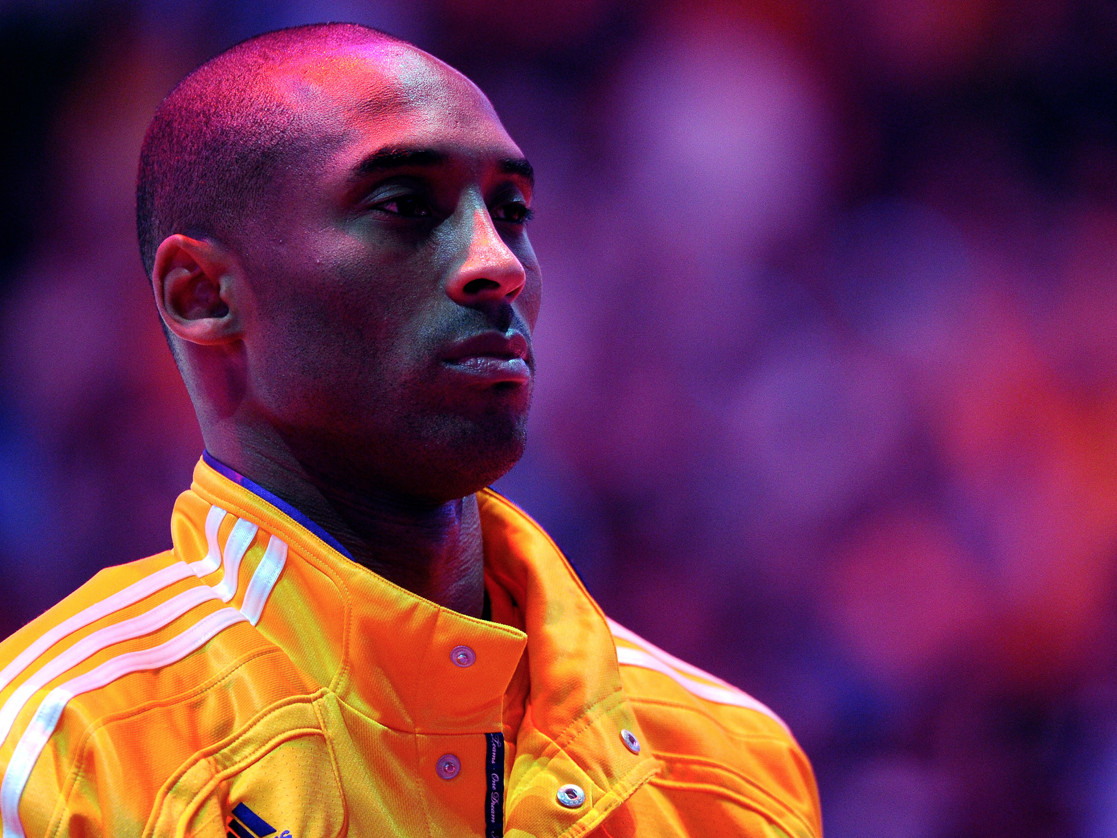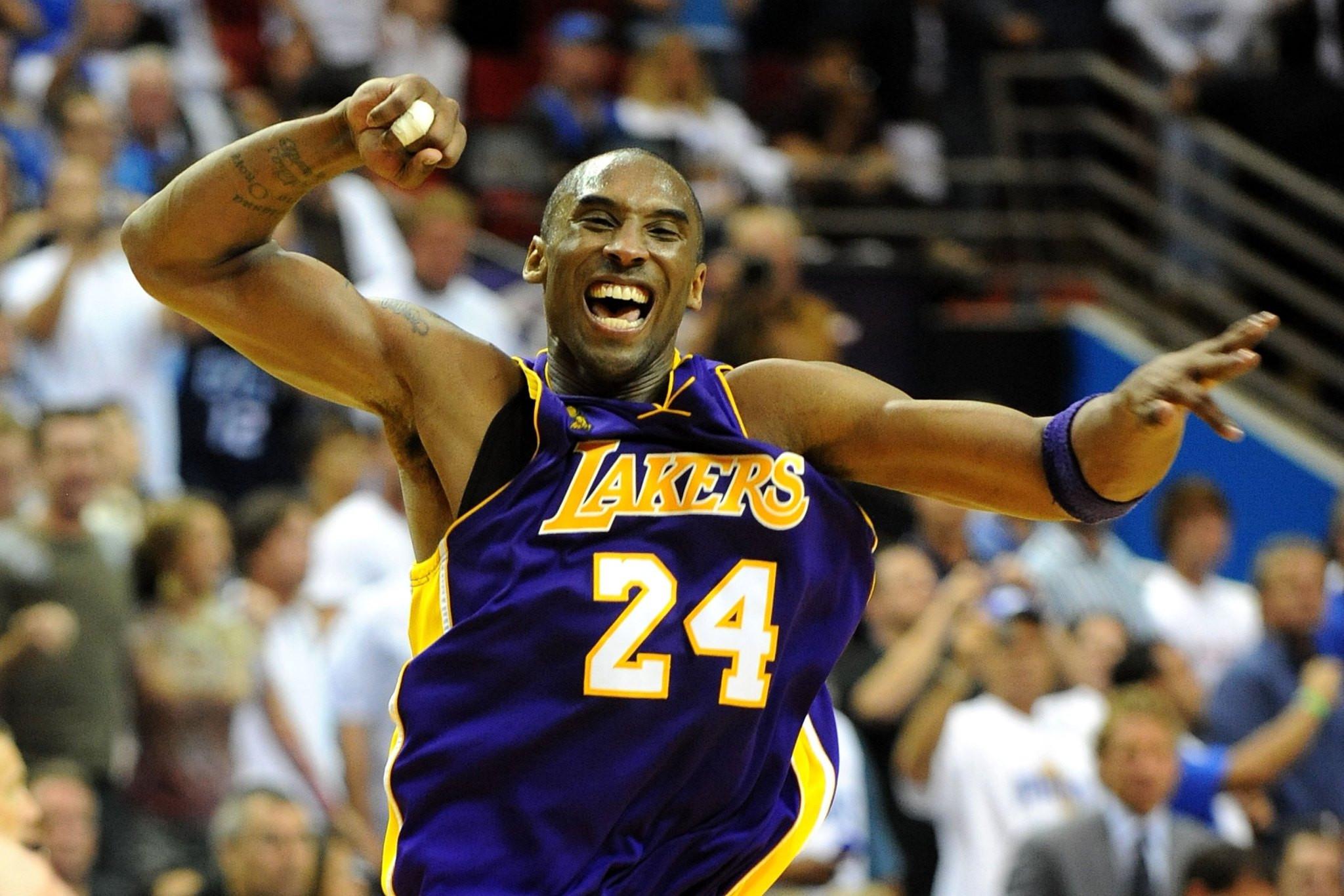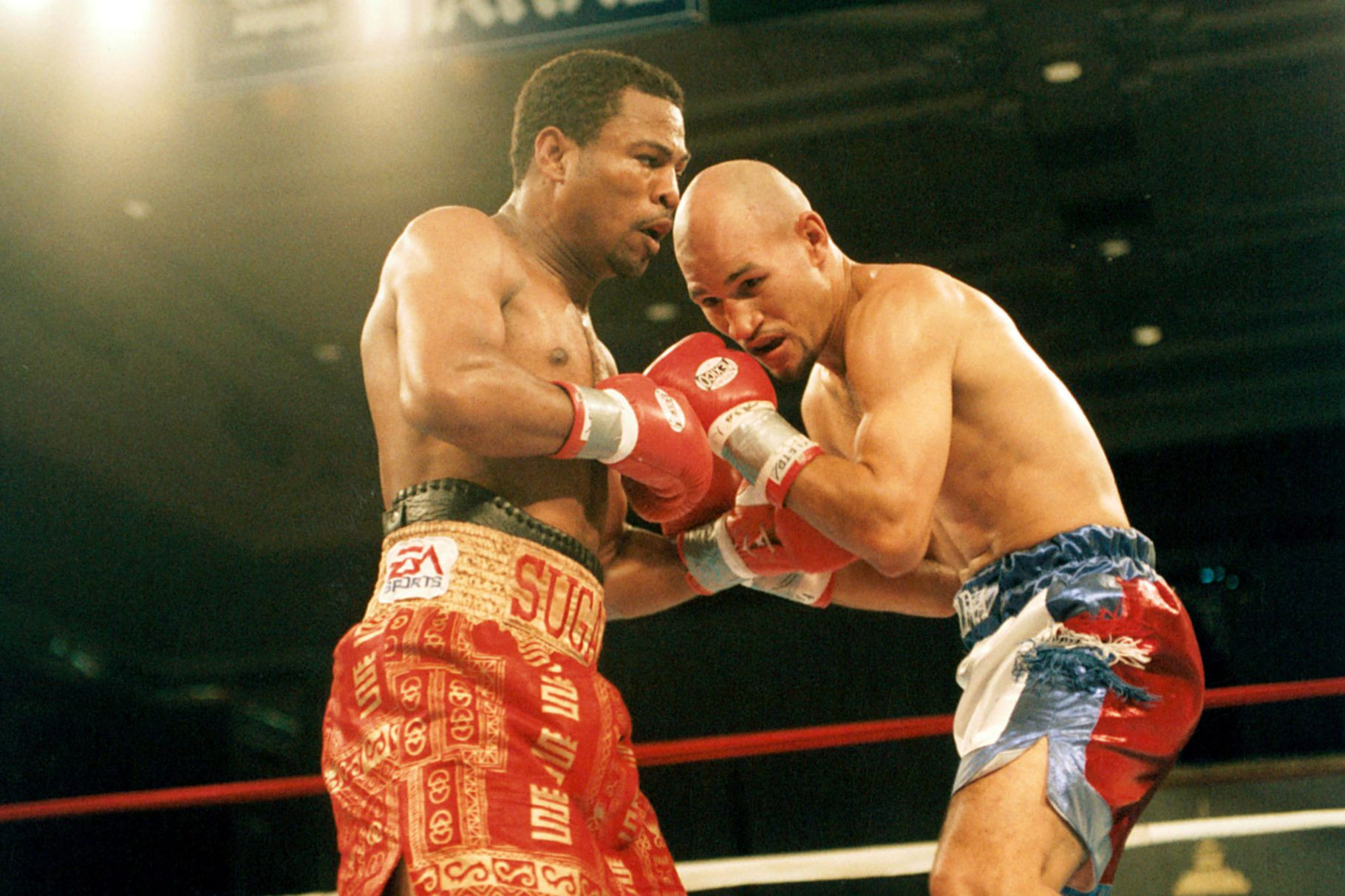Former Los Angeles Lakers star guard Kobe Bryant is one of the more beloved figures in the franchise's history. He helped lead Los Angeles to five NBA titles, winning one MVP award along the way. However, things were always smooth between the two sides. At one point, Bryant had requested a trade out of Los Angeles and the team almost pulled the trigger on a deal. He was unhappy with how the organization was going about things and was criticized by former general manager Mitch Kupchak. Many people blamed Bryant for the struggles that the Lakers were seeing but one trade changed everything.
When Los Angeles acquired big man Pau Gasol, the team was taken back to its championship heights. However, Bryant learned a valuable lesson from the period before that, learning how to separate the business side of things from the basketball.
Kobe Bryant's epiphany: Separating business from basketball
“I learned a lesson, which is you have to separate business from the love of the game because there were a lot of decisions that were made business-wise that I wasn’t happy with,” Bryant said at the end of the 2007-08 season. “I took a lot of the blame for a lot of the stuff they were doing. It didn’t sit right with me. It still doesn’t sit right with me. But you have to be able to separate that from the love that you have for the game of basketball and the respect that you have for your team.”
This realization came from Bryant’s dissatisfaction with the Lakers’ management during a period of struggles. He felt the organization was making decisions that prioritized business over the success of the team, and he was bearing the brunt of the criticism. This led him to a crucial understanding: the business side of the game, with its strategic moves and financial considerations, could sometimes clash with his passion for playing and winning.
Bryant’s epiphany wasn’t just an intellectual understanding; it was a deeply personal one. He had poured his heart and soul into the Lakers, striving for excellence on the court. Seeing the organization prioritize business interests over the team’s performance was a major blow to his dedication. However, this realization forced him to see the sport through a different lens. He had to learn to compartmentalize, to understand that while his love for basketball was unwavering, the business aspect of the sport would always have a role to play.
Learning to accept the business side of the game
The move for Gasol turned things around and changed the frustrations that Bryant had with the team. He wanted to win at the highest level each season so when the organization wasn’t doing so, it ticked him off. “I’ve been sitting on this for four years now,” the MVP said. “After three or four years of not getting anything done, to see it today, it feels pretty damn good. It’s been a hell of a ride. He [Kupchak] has gone from an “F” to an “A-plus. He believed in the draft picks he made, he had the patience.”
This quote highlights the emotional rollercoaster Bryant experienced during those years. While he was frustrated by the lack of success, he eventually came to appreciate the patience and strategic vision of the Lakers management. He learned to embrace the business side of the sport, understanding that it often involved tough decisions and long-term planning.
The Lakers went on to win two more titles with Gasol helping to lead the charge, cementing him as one of the more loved players in franchise history. But the lessons that Bryant learned from his down seasons are a reminder that sports are a business when all is said and done.
Kobe Bryant's legacy: Beyond the basketball court
Bryant's career is a testament to his dedication to the sport. He was a fierce competitor, a relentless worker, and a leader on the court. But it was his ability to separate the business side of basketball from his passion for the game that ultimately defined his legacy. He understood that while success on the court was paramount, it was also important to respect the strategic decisions made by the organization. His willingness to adapt to the business side of the game, while maintaining his commitment to excellence, allowed him to achieve remarkable success both on and off the court.
Kobe Bryant’s story is a powerful reminder that even for the most passionate players, the business side of sports can sometimes clash with the pursuit of glory on the court. His ability to learn from his frustrations, to separate his love for the game from the organization’s decisions, is a testament to his maturity and his dedication to achieving his goals. He understood that success in the NBA was not simply about talent and hard work, but also about navigating the complexities of the business world. It’s a lesson that resonates with athletes and fans alike, a reminder that behind every triumphant moment, there is often a journey of self-discovery and adaptation.


















